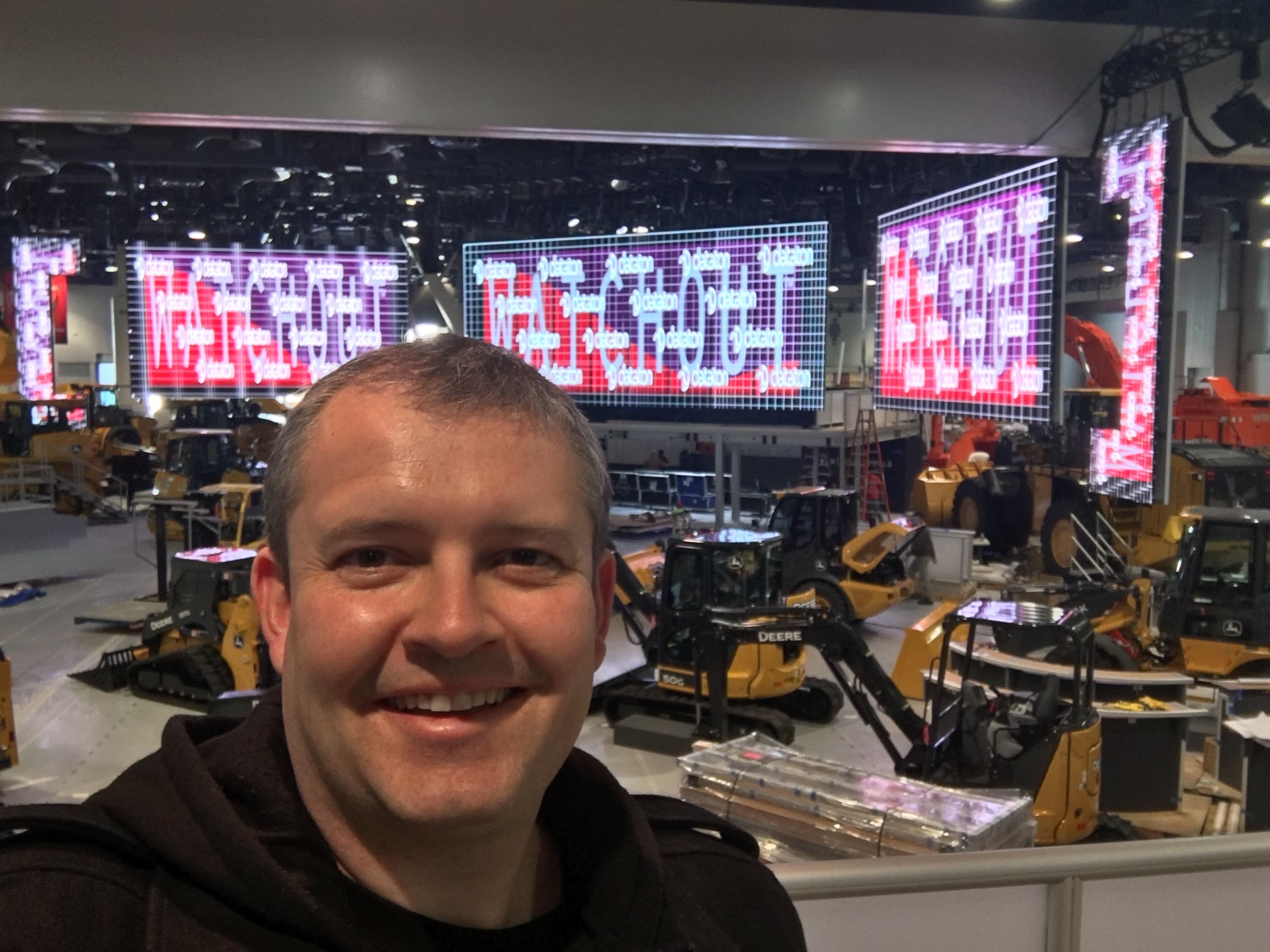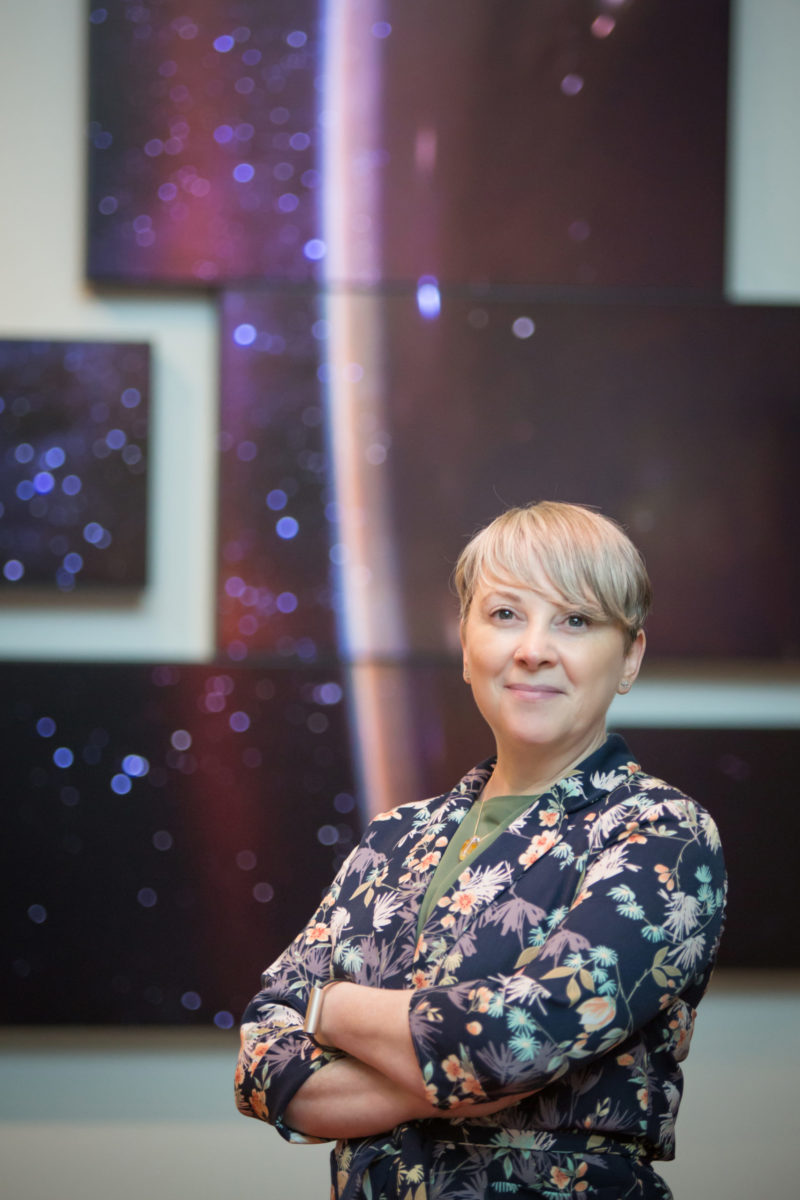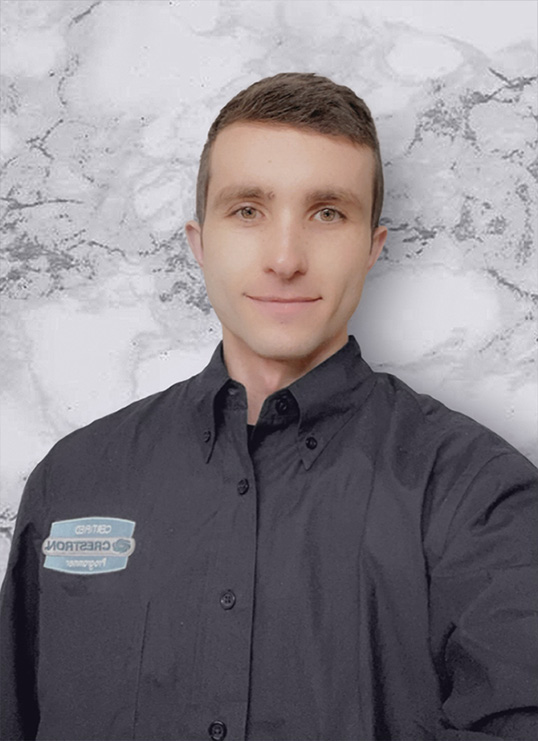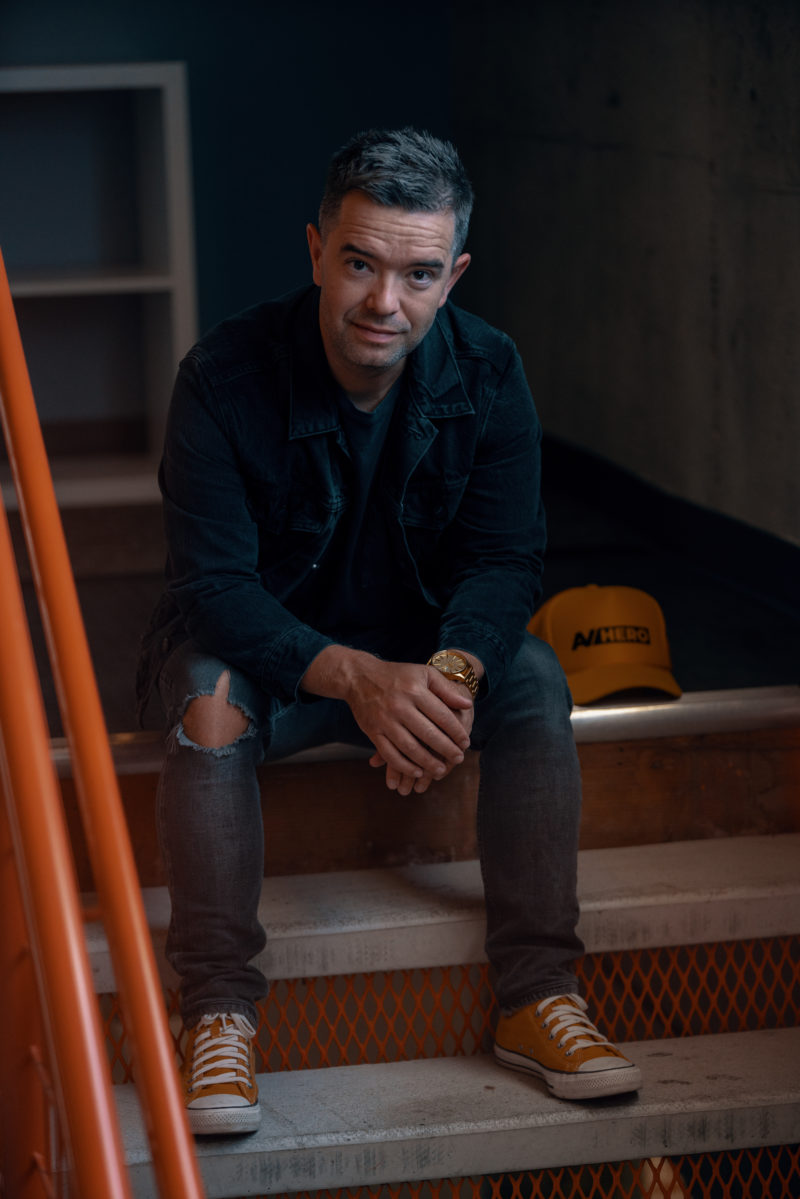AV Insider Spotlight :Dave Knode, Freelance Production Designer, Video & Graphics Specialist
Each week, I am highlighting some of the incredible people who are in the Audio Video Industry. As this blog is mostly about AV insiders, today we are profiling Dave Knode .
Here is a brief intro about him.
 Dave Knode has worked in the Audiovisual industry since 1986. He is a freelance production designer, video and graphics specialist working on corporate events all across North America.
Dave Knode has worked in the Audiovisual industry since 1986. He is a freelance production designer, video and graphics specialist working on corporate events all across North America.
Please drop your questions in the comments below and I will make sure that he sees them.
1.Describe your journey in the AV industry? How did it start?
That’s a fun story, I ended up stumbling into a technical theater class in high school. The next year I moved to a brand new school with a horrible low-bid auditorium sound system and a school staff who couldn’t figure out how to turn on the stage lights for new student orientation. So I introduced myself to the principal and within a few months I had purchased my first sound system to supplement the school’s sound system and began renting the equipment to whoever came to the school to do something in the auditorium.
During high school, I also advanced through the technical ranks running sound and lights for the live entertainment shows at the local theme park and concert shed. I met a great mentor along the way, Chet Barnett, who taught me audio engineering and lots of best practices. I completed a bachelor’s degree in Technical Theater and Design in the early nineties. I worked at a few production and installation companies while continuing to grow my own rentals & staging business which I sold in 2005. From there I went full time with my largest client running their video department.
Anticipating the recession, I relocated to Orlando in 2007 to work as an account executive for a national rentals & staging supplier. Once the economy bounced back, I returned to my passion of designing and operating one-off live events which is what I have done on a freelance basis for nearly a decade now.
 2.What do you think is the challenges that are facing a new person who wants to join the industry?
2.What do you think is the challenges that are facing a new person who wants to join the industry?
I think that the largest challenge most younger people will now face is establishing a reputation that stands out among the field of their peers. Most of the equipment has gotten quite easy to setup and use, coupled with the significant growth in the availability of training through the public school system, web based, and fantastic training centers like Evolve. This has created a very large group of operators who have a basic understanding of equipment like the E2 in video world, or the QL, DiGiCo and Avid VENUE consoles in audio, and Hog or GrandMA in lighting. This is a grade of equipment that used to be operated by a select few who had earned the opportunity to train on or use this gear based on seniority or successful show execution in the past. So having experience or certification was a standout badge of credibility. Now the industry has had to adapt to a new paradigm of using personal recommendations to vet technicians. So it becomes a loop of needing experience to get recommended and needing recommendations to get experience.
 3.What are the positives of working in this industry?
3.What are the positives of working in this industry?
For many, there is a thriving freelance market that allows lots of folks to generate a great income while having tremendous flexibility in their schedule and be somewhat masters of their destiny. For the senior staff at most companies, there is lots of opportunity for travel or even relocation to places they may have always wanted to live. The AV industry as a whole is a stable market with lots of upward trending income potential if there doesn’t become an over saturation of talent in the marketplace. I personally get to travel extensively and have gotten to meet all sorts of celebrities and regularly hear presentations on fascinating topics. For those in the installation side, they have an inside look at where consumer electronics are going and have access to the latest technology at work and at home. For a gear geek like myself, I get to play with the best toys without having to buy them.

[RELATED] : If you have missed any of the previous interviews, please click here.
4.What in your opinion would you change in the industry? What are the negatives that are prevalent ?
On the installation and manufacturing side, I would love to see more standards based products and interoperability. The true innovation doesn’t come from creating a proprietary ecosystem. It comes when the industry lays a framework of interoperability standards and companies create amazing products around that standard. You also get a boost in affordability when chips can be produced in mass quantities for both the consumer and professional markets. A personal pet peeve of mine is the seemingly random development of pixel resolutions and aspect ratios after the conversion to HD and now flowing into UHD/4K, why didn’t we just settle on a simple 2:1 aspect HD ratio and simplify all of the math. then the resolutions could be simple like 2000×1000. I would think that it would make scaling and manufacturing much more simple. On the rentals and staging side, the sell out of PSAV and other vendors to profit focused investment groups has produced negative ripple effects throughout our industry. End clients are now being manipulated into paying sky high prices for often sub-par services. This behavior has begun to create a distrust and adversarial relationship between end client meeting planners and these type of vendors. This is stifling creative production at smaller budget meetings. These groups are seeking to commoditize every aspect of delivery which will drive pay as close to minimum wage as possible and this will send lots of great creative talent into other industries as the bulk of delivery is turned into a profit driven assembly line process.
 5.Describe your ideal client? What do you wish clients to know before hiring you?
5.Describe your ideal client? What do you wish clients to know before hiring you?
My ideal client brings me in at the very start of the pre-production process. They have broad stroke ideas about what they want to accomplish, coupled with a few distinct likes and dis-likes to help narrow the ideation. An ideal client will involve me in venue selection so that we avoid complications like inadequate ceiling height, backstage space, rigging points, or load-in time. I am happy to work around all of these challenges. but they often result in some sort of compromise to achieving their ideal production. On the creature comfort side, I like to book my own airfare, and stay within walking distance to the venue when possible. Overall, I feel like I am pretty low maintenance. I have been known to tip a houseman in order to get a comfortable chair backstage that I’m going to spent fourteen hours a day in for a week.
 6.If you were going to start over, what would you do differently ?
6.If you were going to start over, what would you do differently ?
I have often told my wife that I wish we had worked on a cruise ship together for a couple of years when we were young. I really enjoyed my years in theme parks. So I picture cruse ship work like that but spending my days off in the tropics. It’s probably not as glamorous as I envision. Over all though, I’m very happy with my career path. It’s included lots of variety and I’ve gotten paid to experience events that people pay lots to attend. I might try to find a better balance between gear focus and people focus too. Knowing every detail about that shiny box with the flashing lights may have gotten me work early on, but it’s relationships that sustain a life and career in the long term.
 7.Describe a typical work day for you. What are your daily disciplines?
7.Describe a typical work day for you. What are your daily disciplines?
I start each day reading a short devotional and journaling. It’s twenty minutes that starts each day off focused on the most important things in my life. My schedule is all over the map. It’s not unusual for me to start work at two pm one day and five am the next. I fly over a hundred flights a year, so many of my days include packing and Ubers to airports or venues. The majority of the time I am either working a ten to twelve hour load-in, or operating a switcher or media server on a job-site. When I’m not doing one of those things, I’m doing site visits, researching solutions for clients, and designing shows. There is always the requisite time doing invoices, booking airfare, answering emails. I try to set time aside to market myself through social media like Linkedin or opportunities like this one. I also give back through contributing to the industry groups I’m a part of. When I’m off, I feel like the handyman repairing everything that breaks at home, catching up on DVR shows with my wife, playing with my kids, and eating out. Friends ask how I can be away from home so much. But on average, I’m at home around thirty weekdays a year and most weekends. That’s far more time off than most people get who work full-time.
 8.Describe the apps and gear that you use daily which makes you more productive?
8.Describe the apps and gear that you use daily which makes you more productive?
I already mentioned Linkedin and Uber. My airline app, the quickbooks online app allows me to do a lot of book keeping in small waiting times so I have more time when I’m in front of a larger monitor for Vectorworks Photoshop and Powerpoint which helps with pre-visual work. My new favorite app is Black Magic Design’s Davinci Resolve. It’s free and has brought back the joy I used to experience in video editing before Apple ruined Final Cut. Other handy phone apps I utilize are LMG’s for the widescreen calculator, and Mag Light which is a combo of flashlight and magnifying glass when I need to see a connector label deep in the back of an equipment rack, or the menu in a dark restaurant.
9. How do you stay relevant in this industry?
I mentioned gear focus earlier. I’ve always tried to be the guy that my clients reach out to when they want to know if something works with something else, or what the best equipment solution is to a particular problem. So I read a lot of manuals and online reviews. I attend trade shows and get my hands on as much gear as possible. I also ask colleagues in the field what their experience has been operating specific equipment. I’ve added a lot of value to my clients over the years by creatively designing shows around what they own to save cross rental costs, and then recommending the best matched talent I know to put on the event. The good end clients come back because they had a flawless show and a good interaction with the crew. Helping my production company clients provide that experience to their end clients in a profitable way has kept my phone ringing. Production companies can’t be price competitive and hire the best freelance talent without a high utilization of their own gear. So designing great shows with what is on their shelf and often already paid for is the solution that I can help provide.
 Please connect with him on Linkedin and on his website.
Please connect with him on Linkedin and on his website.
*****
Did you like this post? Connect with me on LinkedIn or just sign up for my free email newsletter.





